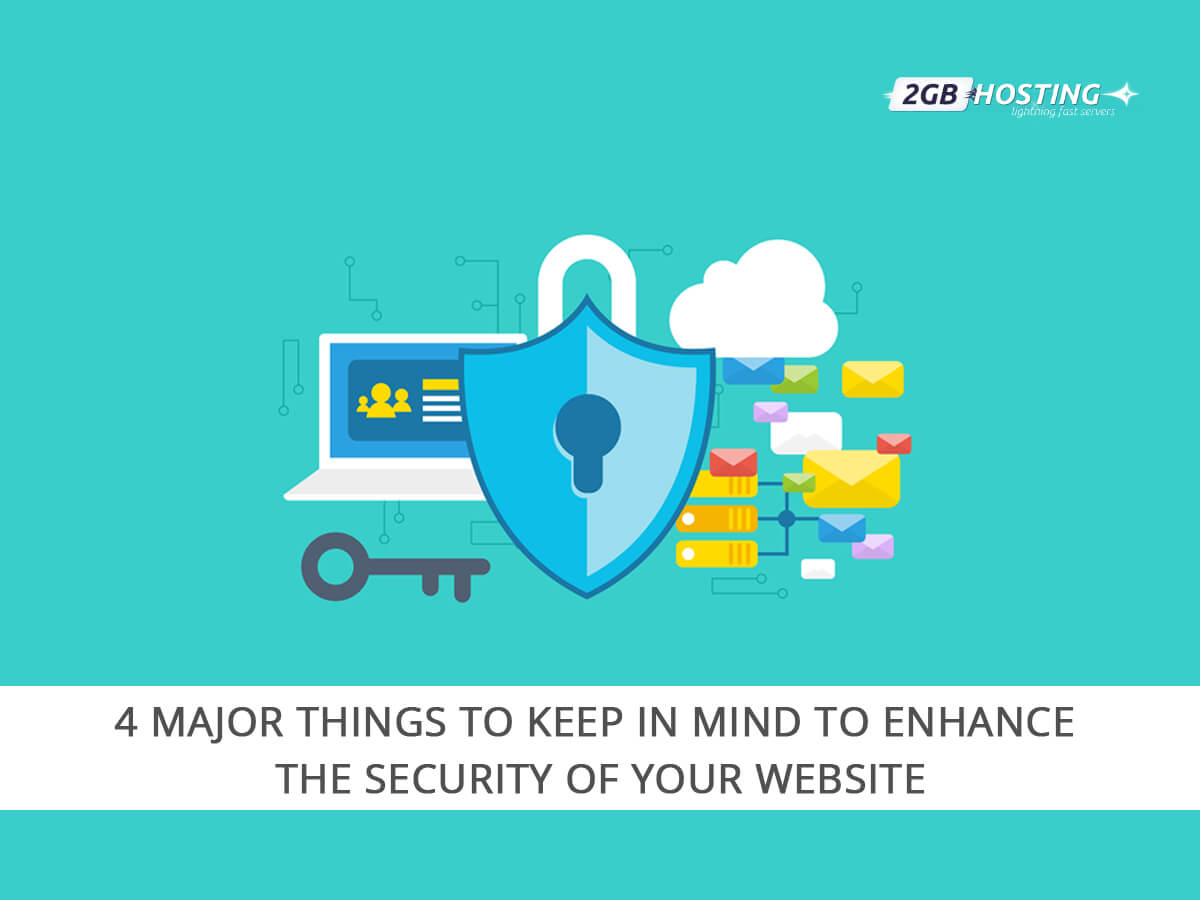
Enhance The Security of Your Website:
Going online offers you a host of wonderful benefits. You can reach a huge number of potential clients, offer them an easy click-and-shop interface and also widen your impact worldwide thus multiplying the scope of your business. Due to these benefits most of the businesses nowadays prefer to go online irrespective of products, services and business models. That is actually a good thing. However, something that is not so good is that as the number of business and online transactions are increasing, more and more attackers are also creeping into the scene bugging your security and eventually harming your business in one way or the other. They would generally try to attack your server. The million dollar question is How to keep my server completely safe for attacks and it may not yet have the definite answer. But yes, you can largely remain out of the way of harm by following some security guideline. Here are a few guidelines that can help
Encrypt the Traffic
Unencrypted traffic is one of the most dangerous things for your server. Any leakage between your computer and server can expose you to a number of security risks including login credentials theft. It simply means that the data thieves can manipulate WHM, IMAP, Webmail or simply any services that is provided by your cPanel. That could be lethal for your account and believe us that’s just an understatement. You need to have the solid security shield to protect your data from evil hackers. TLS (Transport Layer Security) protected interfaces can be the best option for you. It can be provisioned for a number of cPanel services like SMTP, WHM, IMAP and others.
Don’t use Unfamiliar Device
Viruses, by their very definition are infectious and so are the malwares. So, never manage your server on any device that you are not familiar with. It could be infected and the virus or malware can be transmitted to your server too. Always use your trusted applications and devices for server management. Also ensure that there is no other application opened at that time. Go a step further and schedule automated scans on any device that you use to manage your server.
Use security patches
Never take the security of your scripts lightly. Script providers are always on a lookout for the vulnerabilities in their scripts and so are the hackers. Depending upon the discovered vulnerabilities the patches are released on a periodical basis. Install such patches as soon as they are available.
Have a separate port for SSH
Automated brute force can do a great damage to your site. Taking the maximum protective steps you should ensure that the SSH should have a separate port so that it can remain unscathed during the incidents of brute force attacks. It is also recommendable to change the default port for SSH to add another layer of security.


 Domain Registration
Domain Registration 
 Domain Transfer
Domain Transfer  Domain Price
Domain Price 
 Linux Hosting
Linux Hosting Windows Hosting
Windows Hosting
 Wordpress Hosting
Wordpress Hosting

 SSD Cloud VPS India
SSD Cloud VPS India 
 Email Hosting
Email Hosting
